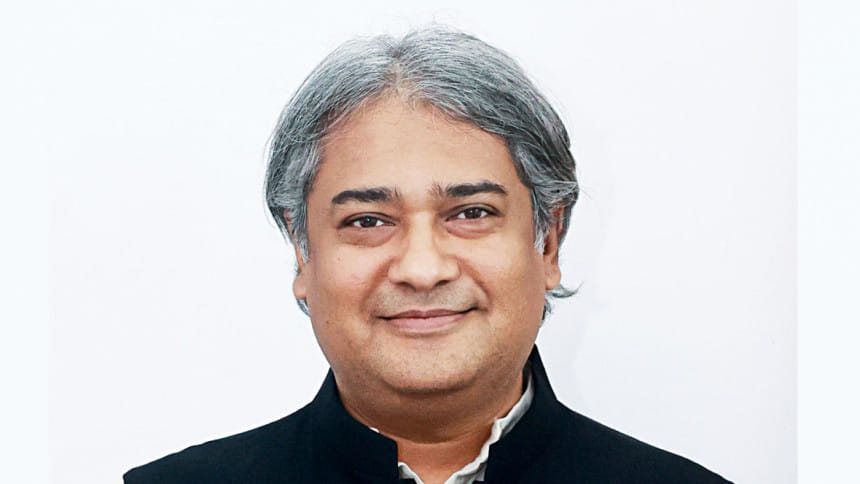World Press Freedom Index: It does not reflect reality

The World Press Freedom Index by Reporters Without Borders failed to accurately reflect reality, said State Minister for Information and Broadcasting, Mohammad A Arafat yesterday.
Bangladesh has been ranked 165th among 180 nations in this year's index and its position in South Asia is only above Afghanistan. The country's score dropped to 27.64 out of 100, a decrease from 35.31 last year when it was ranked 163rd.
Addressing a discussion titled "Climate Politics: Role of Media", Arafat said, "Working on such rankings is fine, but for such an issue, methodological clarity is needed. We won't accept any errors in methodology or information."
The Jatiya Press Club organised the discussion.
"These reports highlight our weaknesses, and we're ready to address them. We're committed to improving our positions," Arafat said.
Md Liakath Ali, director of Climate Change at BRAC Urban Development and Disaster Risk Management, presented a keynote titled "Climate Justice: Media in Negotiation".
There he showed that Bangladesh's contribution to global warming is only 0.56 percent, yet it ranks as one of the most vulnerable nations to the impacts of climate change. He also highlighted how climate change has resulted in ongoing heatwaves.
During the discussion, Arafat said, despite Bangladesh being least responsible for climate issues, it is one of the biggest victims. "So we usually seek compensation from those responsible abroad."
"But what do we do, for those who do harm inside our country? If anyone in our country causes harm, and hinders journalists from working on betterment of the environment, we will take action. We will also take institutional measures if necessary," Arafat added.
"When journalists face any problems regarding environmental reporting, we will ensure full cooperation in addressing those issues," he said.
He said the government has plans to establish a fact checking body through collaboration with stakeholders, to counter misinformation and disinformation.
"If we institutionalise fact-checking, democracy will be strengthened," he added.
Omar Faruk from the Bangladesh Federal Union of Journalists (BFUJ) said media owners are exerting total control over newspapers and TV channels, dictating what journalists can report.
He said journalists feel restricted by these owners, whose decisions determine their livelihoods, leading to a lack of freedom in journalism. Faruk highlighted non-compliance with wage board regulations by many media houses, further impeding the practice of free journalism.
Former Jatiya Press Club president Shawkat Mahmud said, "There is hardly any law in favour of truth. There are only laws to restrict -- what can we write, what measures would be taken if we write, but, there is no law to protect journalists' rights. There is nothing to safeguard the truth that journalists write."
Jatiya Press Club President Farida Yasmin said the country is facing the brunt of climate change due to actions of developed countries. She urged reporters to widely cover this issue.
General Secretary of Jatiya Press Club Shyamal Dutta delivered a welcome speech at the programme. President of the Diplomatic Correspondents Association, Bangladesh Nurul Islam Hasib also spoke.

 For all latest news, follow The Daily Star's Google News channel.
For all latest news, follow The Daily Star's Google News channel. 



Comments